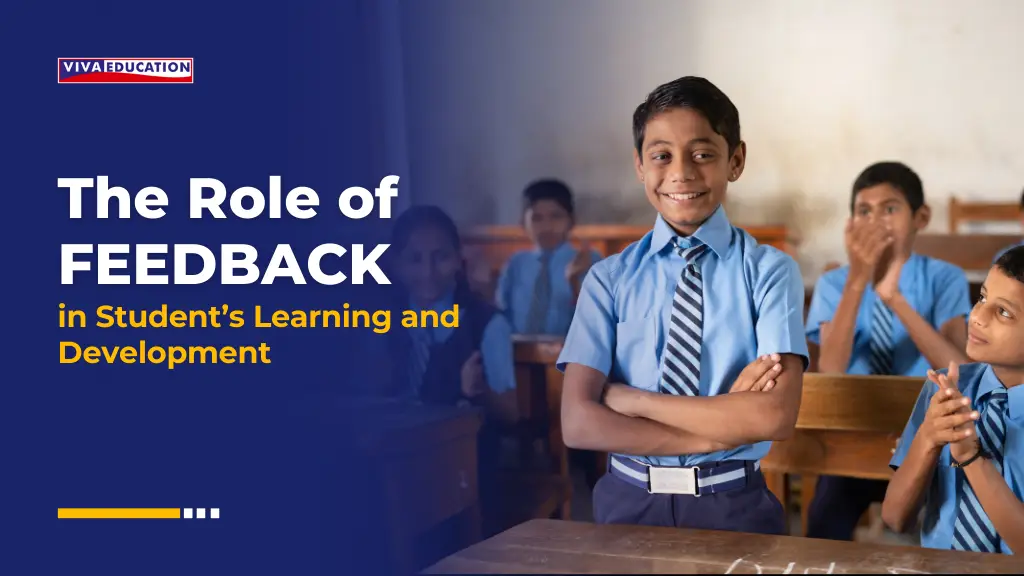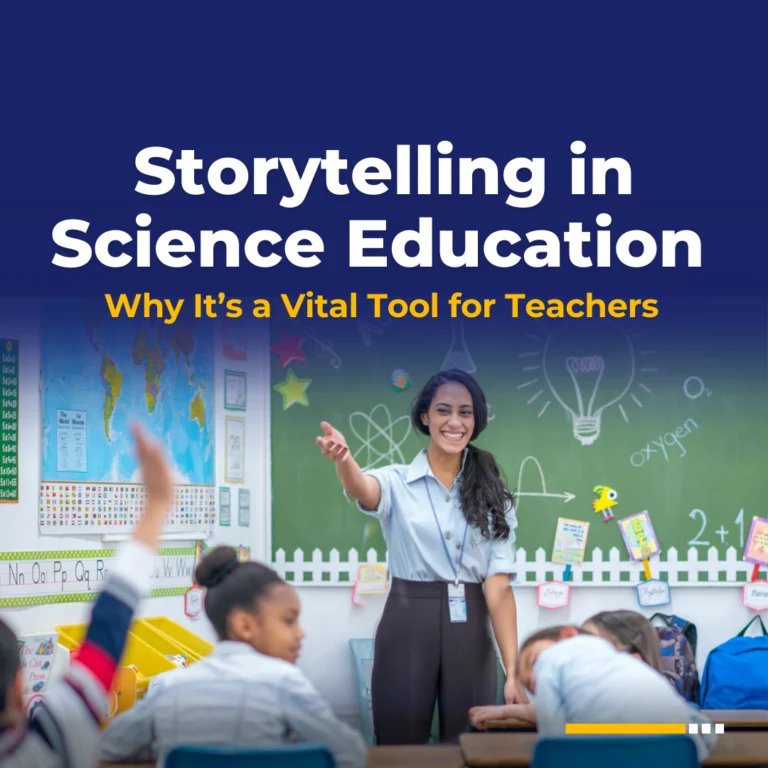The Role of Feedback in Student's Learning and Development
- Teachers
- October 4, 2024
- Viva Education

Feedback in education refers to any response regarding a student’s performance or behaviour. It may be spoken, written, or gestural.
The goal of feedback in the evaluation and learning process is to enhance a student’s performance rather than detract from it. Offering feedback should be a positive, or at least neutral, learning experience for the student.
Negative comments can undermine student effort and accomplishment. Instructors have a specific responsibility to support student learning and provide feedback that ensures the student does not leave the classroom feeling defeated.
Understanding the Essence of Feedback
Feedback refers to remarks provided by the observer regarding aspects of the performer. It responds to a learner’s action of trying to engage, inform, and expand knowledge by lowering “discrepancies between current understandings and performance and a goal.”
Instant feedback occurs when information is delivered contextually and “on-demand” in response to a learner’s action and within the learning flow. It allows a learner to gain deeper knowledge.
After individuals provide input, rapid feedback reinforces knowledge by correcting errors, confirming understanding, and dispelling misconceptions. Frequent, immediate feedback encourages active learning, allowing learners to pause, engage, and adjust their behavior in real-time.
Benefits of Feedback for Students Learning and Development –
- Feedback highlights students’ talents and encourages them to build on what they do well. It also identifies areas that require attention and provides a roadmap for targeted progress.
- Constructive feedback allows students to better understand their strengths and areas for improvement. This self-awareness enables individuals to set realistic goals and personalize their learning tactics.
- Students are responsible for informing the teacher if they do not comprehend what they are being taught. Students should provide feedback to their teachers on the teaching process; only then will learning be worthwhile.
- Receiving feedback teaches kids how to calmly accept facts, actively listen, and participate in meaningful conversations. These abilities are valuable in both academic and real-world settings.
- Teachers can adjust training based on feedback to meet varied learning styles and paces. This tailored approach guarantees that students get the resources they need to succeed.
- Feedback prompts students to analyze their work critically. They learn to evaluate their thought processes and problem-solving skills, which enhances their ability to think independently.
- Effective feedback from teachers helps students identify different levels of knowledge. Teachers can establish students’ learning preferences and use that information to steer lessons.
- Positive praise identifies students’ efforts and accomplishments, instilling confidence and inspiration. Conversely, constructive feedback motivates people to overcome obstacles and strive for progress.
- Giving feedback implies informing students how their work or learning process is progressing. It may be referred to as extra remarks.
- Regular feedback exchanges between educators and students build trust and rapport. It fosters an environment in which students are comfortable seeking help and explanation.
- Whether positive or critical, handling feedback teaches pupils how to deal with success and failure. This resilience prepares individuals to handle challenges throughout their scholastic path and beyond.
- When students receive feedback quickly after submitting their work, they respond more positively and recall what they have learned.
To Wrap Up
Feedback is a highly effective teaching and learning strategy. It has a direct impact on both since it influences the process of obtaining knowledge. Providing students with pertinent feedback might help them improve their academic or fieldwork performance.
It’s a dynamic process that promotes development, resilience, and self-awareness. Effective feedback methods bridge the gap between potential and success, encouraging students to push themselves and become lifelong learners. We hope this helps you grasp the importance of feedback in student learning.



